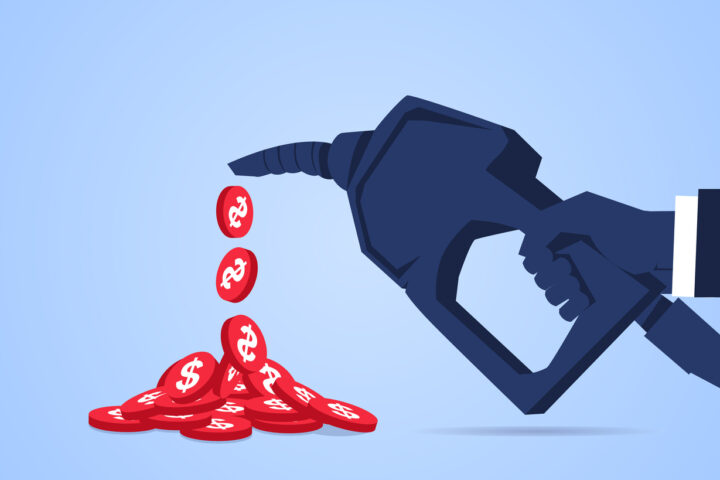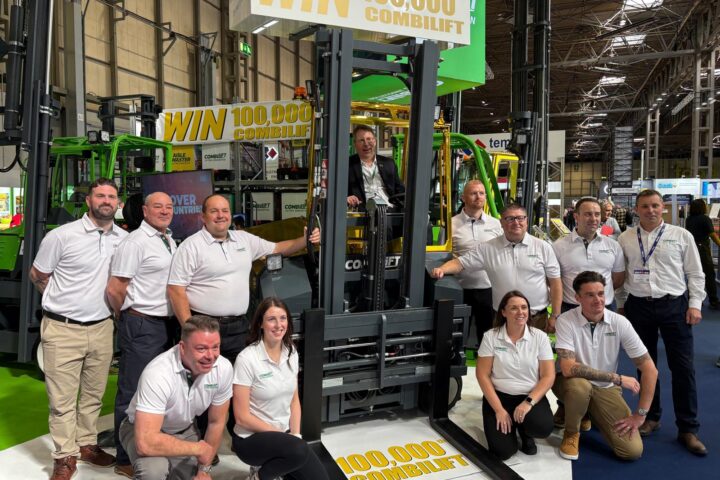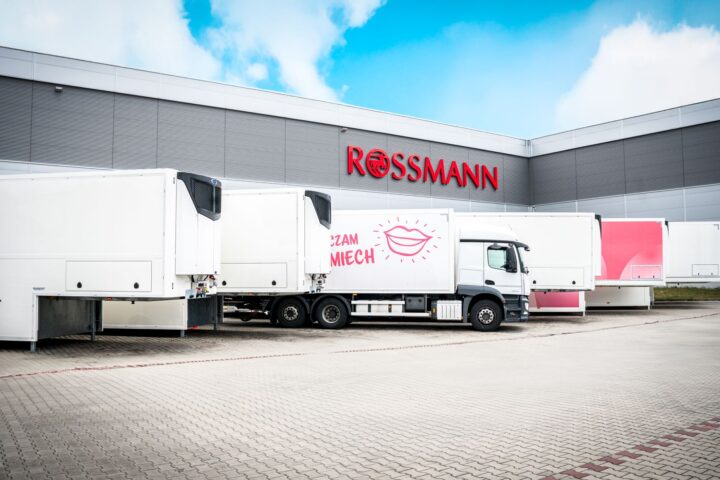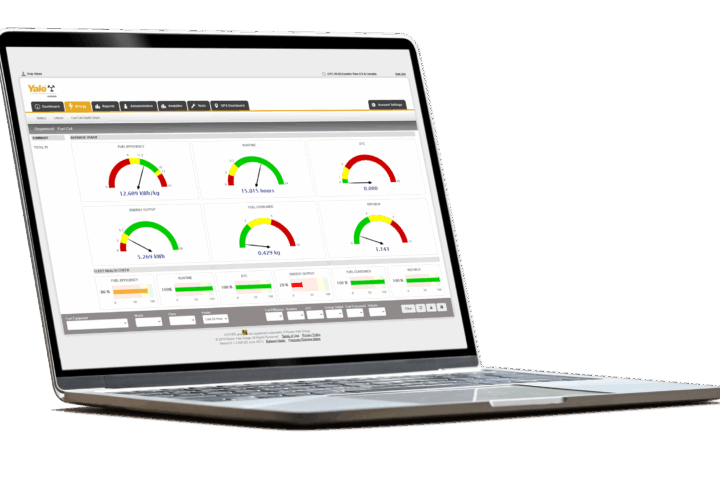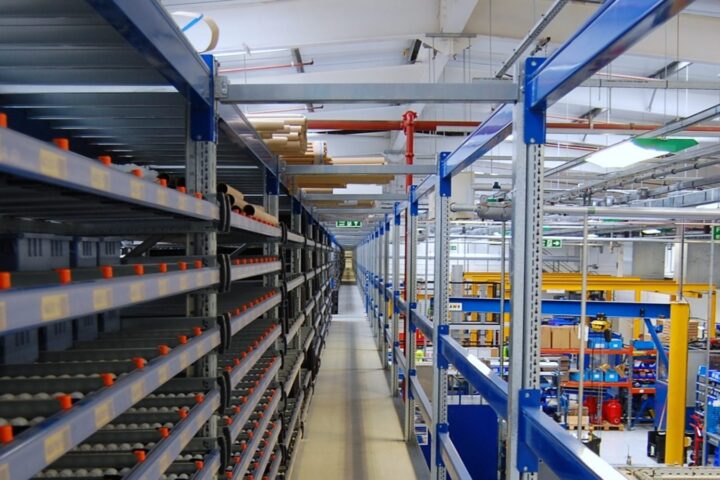With several environmental policy battles settled, the American Trucking Associations (ATA) is shifting its attention to safety technology, artificial intelligence, and pressing infrastructure and fraud issues that disproportionately impact small and medium-sized fleets, president and CEO Chris Spear said during a panel discussion at Samsara’s 2025 Beyond user conference in San Diego, Calif.
“I would say, coming into November, the environmental portfolio was the most pressing.” That’s because, as Spear explained to the attendees, the Biden administration “handed the keys to CARB … which took it upon itself to really press forward some aggressive timelines and targets.” He was speaking of revoking of California’s Advanced Clean Trucks regulations, and U.S. Environmental Protection Agency (EPA)’s intentions to reconsider the Model Year 2027 and later greenhouse gas standards.

Now, having recently secured victories that brought environmental rulemaking back under a national framework, ATA is advancing a broader list of priorities that reflect the industry’s operational and safety needs, including addressing the lack of truck parking, safety innovation, and cargo theft.
Parking, retention, and workforce safety
Spear pointed to truck parking as both an infrastructure gap and a workforce challenge, noting there is currently only one parking spot for every 11 drivers in the country, and the average driver spends nearly an hour a day looking for a safe place to stop.
“Each year, it’s about US$6,800 in lost wages,” he said. Spear added the lack of adequate parking options is one of big reasons that prevents women from joining the industry in the truck driving roles.
The issue is a top priority for ATA heading into the next federal highway reauthorization, Spear said, needing bipartisan support to advance. “We’re not playing politics here. Roads and bridges are not Democratic [or] Republican. We all drive,” he added.
Dash cams and fraud protection
Nuclear verdicts and insurance costs continue to climb, and ATA is calling for the broader use of in-cab cameras and telematics to exonerate drivers and reduce legal risks. Spear described dash cams as a key defense against staged accidents and fraud, referencing an example in which a car deliberately backed into a truck on the highway several times, then the passengers all exited the vehicle “holding their necks.”
“Juries get swayed by these tactics,” Spear said, adding that plaintiff lawyers have been further exploiting the trucking industry with billboard campaigns and inflated claims. “Probably nothing pleases me more than when [the video] shows that we’re doing things correctly.” He further criticized what he called a “multi-billion dollar” legal industry that profits by targeting trucking companies, describing it as predatory and wasteful.
Speaking of the growing number of nuclear verdicts, Spear said ATA is working to bring carrier voices to Capitol Hill, with plans to have executives from Werner Enterprises and Wabash to testify before lawmakers about the impact it has had on their operations.
“I’m going to have them speak … and explain to them how out of control [this] has gone,” he said. Back in 2024, trailer maker Wabash received a nuclear verdict totaling US$462 million. This was in response to a 2019 crash, in which a vehicle driven at a high speed by an impaired driver ran into the back of a 2004 Wabash trailer, which resulted in two fatalities.
Cargo theft also top-tier issue now
The ATA is also preparing to escalate cargo theft to its highest tier of policy priorities following the association’s first Senate hearing on the issue in April. The issue has grown dramatically in scale and sophistication, with organized criminals hacking into dispatch systems and redirecting shipments before drivers realize what happened.
“We really brought a new insight coming out of Texas [a U.S. hotspot for cargo theft],” he said. “We’ve also had some really good examples from some of our larger members that have been hacked into from transnational organizations in Eastern Europe, Russia… Our members have prioritized this in tier two. I expect in October, when we’re here in San Diego, it’ll be a tier one [priority].” He went on to estimate cargo theft costs US$35 billion annually to the American trucking industry, which he immediately called a ‘very conservative estimate.’
Tech adoption and retention
To combat the threat, Spear said the industry must work together with government and other supply chain partners. He also called for fleets to adopt more advanced security and tracking systems — including artificial intelligence — to detect fraud and recover stolen goods. “These are things that I think are going to have tremendous value targeting the problem and really give solutions to both law enforcement as well as the industry.”
While the ATA continues to advocate for the broader use of AI, dash cams, and routing technology, he further emphasized the importance of including drivers and technicians in those conversations.
He added that two of the biggest cost drivers for fleets today are labor and insurance-related expenses, including accidents. Keeping “people that are responsible, safe” on the job can reduce both.
By involving drivers in tech adoption decisions and focusing on tools that address their daily challenges, Spear said companies create a “value proposition” that sets them apart in a competitive labor market.


